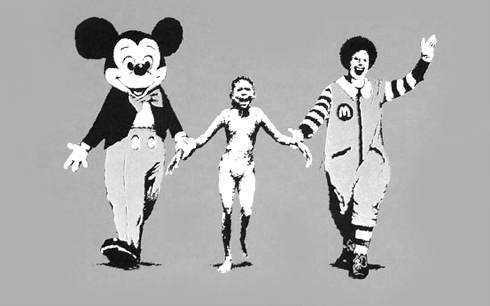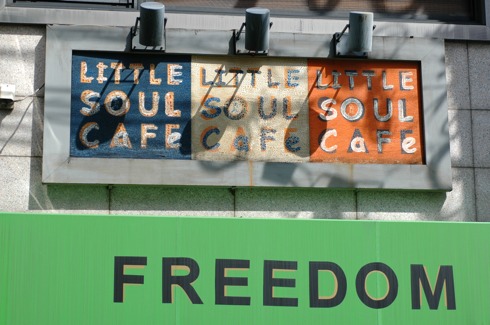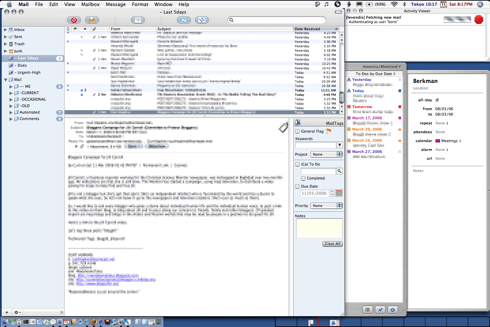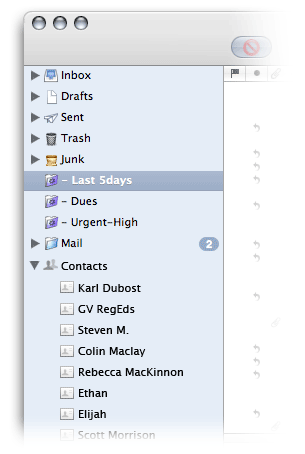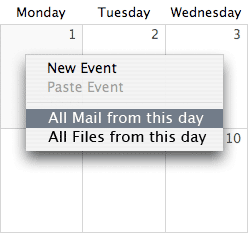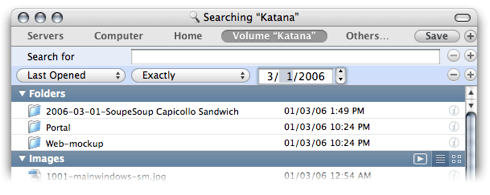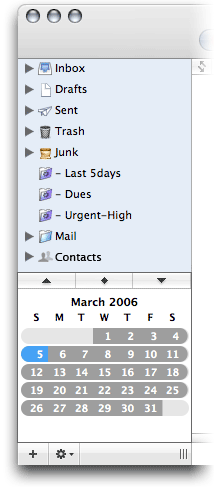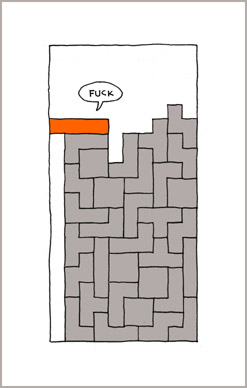At least not the way you may be led to believe it is.
With apologies to Stewart and Caterina, the whole Flickr team and all the folks involved in this "Web 2.0" stuff, who, for the most part, are truly wonderful people and bring us wonderful things.
It's not about you, it's about your data--or "bits of your life digitized and uploaded"--and the way you structure it and contextualize it and share it. That's what the big money hubbub is about.
You see, what happened is this: enough dot-com bubble casualties, many of them web designers and programmers and information architects and the like--people who knew how to publish to the web, be it text or photos or audio files or video pieces--got tired of doing it by hand, coding up html and maintaining whole websites. They decided to build tools to automate all that. They called them Content Management Systems before, when they still had their jobs building large e-commerce sites in 1997. But now they started using them to self publish, and they added a few really nice features like comments and "RSS feeds". Weblogs were born and slowly but surely over the last 3-4 years... well you see what happened.
"The promise of the web has been realized!" "The read and write web!" More or less. It is truly great stuff, don't get me wrong. I ain't knockin' it, even if I am nibbling on the hands that feed me.
But that's not what the bankrollers are on about. They don't care about your newfound ability to publish your thoughts or your pictures. They are just glad that you are doing so. Why? Because in an information based economy, data is your primary natural source. And flow of data creates movement which can be harnessed.
Like a water-mill.
The difference is that these millers don't need to go find a river: they can make one. And that's what sites like Flickr, del.icio.us, Upcoming, YouTube, Newsvine and the lot of them, have done.
Centralize, centralize, centralize. Concentrate and control.
What that means:
1- your data is not under your direct control.
2- what is done with your data, is not under your direct control.
So what? What are these people doing with your data? It's pretty simple: they use it to drive advertising revenues.
Here's how. I mentioned structure and context. When you publish something, share it, you try tell a story; you labor to package it up, give it meaning (semantics through communication technologies, like language) and you place it on the web within a context, be it via categories, tags, links to related information. You are organizing data.
To folks like Google and Yahoo!, that is worth gold. Literally.
Before I continue, lest I be labeled disingenuous, I should make clear that I am NOT railing against all this. I use Flickr every day--more like 300 times a day; it's my #1 destination, almost as often as my email inbox--and I manage weblogs that sport Google Ads and Technorati tags and del.ico.us links and all that stuff. I just want to try to make sure people actually realize what is going on.
We are all working for them. For free. That's how it's "about we". It's not a "media revolution", it's a reversion to feudal medievalism. "Voluntary servitude" it's been called (back in 1548!) (This is worth a read too though it has quite a Marxist taste to it. ;p
The counter argument is "but they are providing a service which in order to survive must sustain itself economically somehow, and you free information people are the first to yell "information wants to be free" and so it is and we can't rely on subscription or pay-per-content schemes." Totally fair. And services like all the above mentioned all do fairly decent jobs of providing ways to export and retrieve your data. One way or another, you gotta pay to play, right?
The malaise remains however: they are profiting from our ignorance (or forgetfulness). Whether it is ignorance of their actions or ignorance of your abilities (to do any of this yourself in a de-centralized way) or rights.
Now if you'll excuse me, I have to go check what pictures my friends uploaded, what links they bookmarked and who's talking about me.
This has been another poorly formed and expressed rant brought to you by a bottle of sake, three deadlines and 12 hours in front of too many screens.

